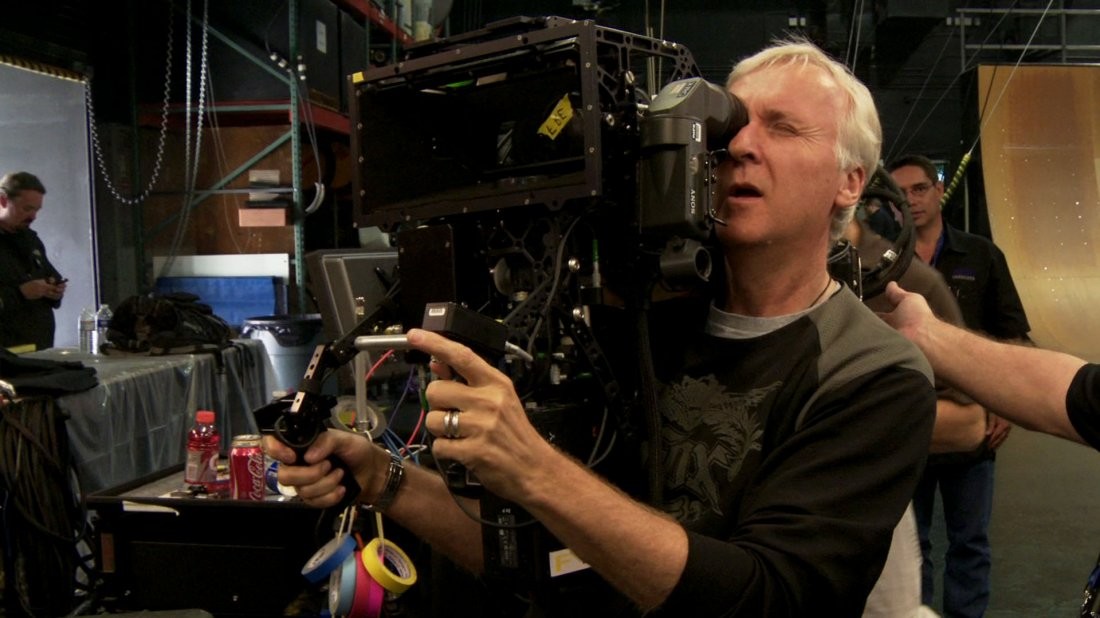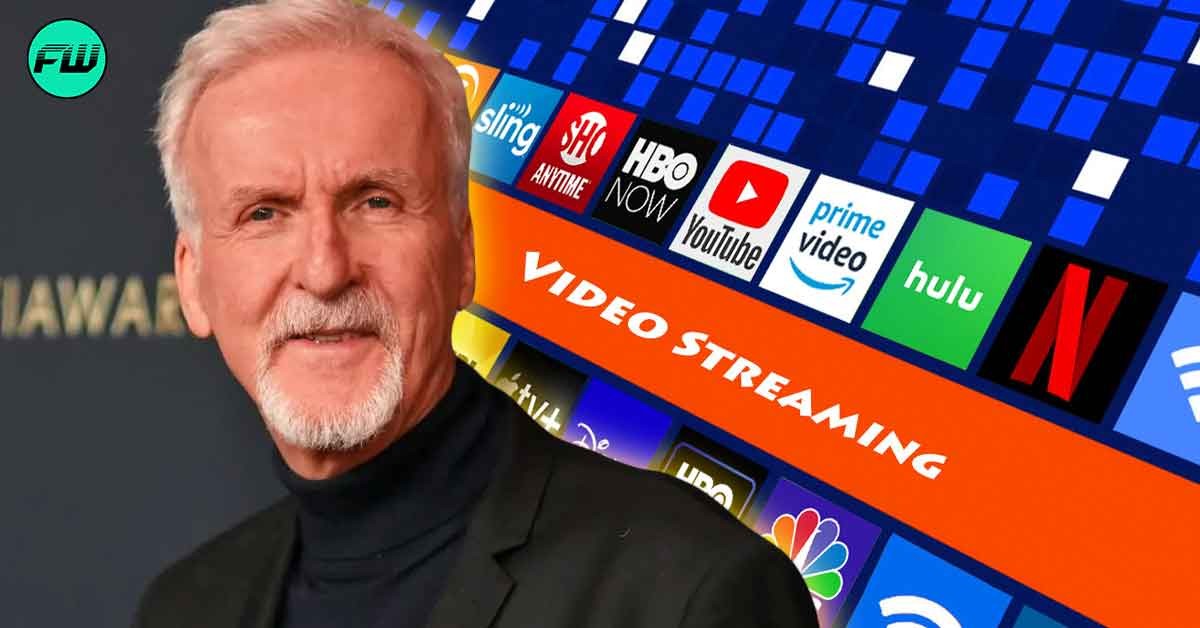James Cameron is one of the most successful directors in Hollywood and has constantly pushed the boundaries when it comes to storytelling. He tells big canvas stories that combine extensive technology and visual wizardry to give the ultimate cinematic experience. He has brought to life visuals of the past, present, and future with utmost precision.
While the director has not branched into creating content for streaming platforms such as his contemporaries Martin Scorsese and David Fincher, he has an opinion that could possibly put an end to the long-standing ‘theatre vs. streaming’ debate.
James Cameron On Filmmaking In The Streaming Era

Director James Cameron is one of those rare filmmakers who have reinvented the craft of filmmaking in terms of using technology while also not compromising on storytelling. Cameron is known for his VFX-heavy films such as The Terminator franchise, Titanic, and Avatar. The director has also often depicted the conflict between humans and machines in the future, intelligent machines taking over the world, and has commented on corporate greed.
In a conversation with fellow sci-fi director Dennis Villeneuve on Variety, Cameron was asked whether he was afraid of the way films and media were becoming more streaming-focused as opposed to the theatrical experience.

As opposed to his contemporaries’ opinion, James Cameron said that he was actually quite excited by the prospect. He said,
“I’m not afraid, I like change. I’m a child of the 60s. I like it when things are chaotic but what we can see is an expanded form of cinema. I want to do a movie that’s six hours long and two and a half hours long at the same time… you can stream [the same movie] for six hours or you can go and have a more condensed immersive version of that experience in a movie theater. Let’s just use these platforms in ways that haven’t been done before.”
James Cameron’s answer seems to shed light on the strategy of releasing films on both streaming and theatres, while his suggestion is to make the two versions different.
The Simultaneous Release Strategy Adopted By Studios Was Not Successful

James Cameron’s statement might sound optimistic and ideal, but a simultaneous release strategy was tried and tested. Before the COVID-19 pandemic, streaming platforms such as Netflix and Amazon Prime Video were just another platform for content to be broadcast on. However, they became a necessary mode of release due to the lockdown restrictions. Many blockbusters delayed their release dates due to theatres being shut, while some films were sent straight to streaming.
While the world tried to come back to normal or started to adjust to the new normal, a new distribution plan emerged where studios went for simultaneous releases. Prominent films such as the Gal Gadot starrer Wonder Woman 1984, Scarlett Johansson’s Black Widow, and Space Jam: A New Legacy lost much of their box-office revenue due to the simultaneous release strategy. Johannson even sued Disney+ as she was supposed to be paid box-office revenues over and above her salary, which was affected due to the simultaneous release.
The decision was criticized by many prominent filmmakers such as Dennis Villeneuve and Christopher Nolan, as well as production companies and theatre owners. Villeneauve’s Dune: Part One was one of the victims of the simultaneous release strategy, and although it made over $400 million at the box office, a rarity for a post-pandemic release, he was reportedly still disappointed with the studio’s decision. The studios have since stopped this strategy.
Source: Variety

